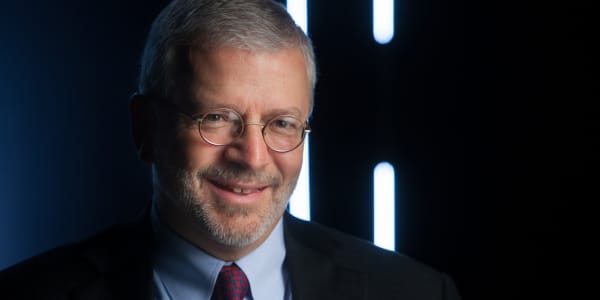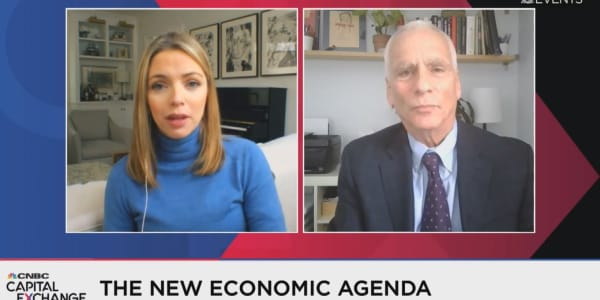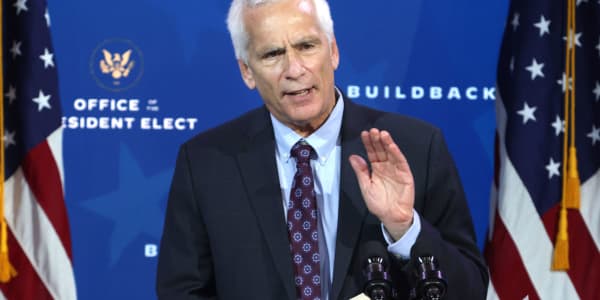
Diversity and inclusion can be a company's most valuable asset. According to the Center for Talent Innovation, companies that excel at it have a better bottom line, happier employees, greater innovation, and ultimately better retention. Get diversity and inclusion right and you have a better chance of success. Get it wrong and you run the risk of an unhealthy, unproductive workforce — and risk your reputation.
Having low diversity and inclusion standards almost sunk ride-hailing giant Uber in 2017 after an ex-Uber engineer published a blog post in which she said she had repeatedly complained about sexual harassment and discrimination. This led to an internal investigation by former U.S. Attorney General Eric Holder, who produced a 13-page report in which he recommended that Uber overhaul its management.
Among other things, Holder suggested:
- The company adopt a zero-tolerance policy for substantiated complaints of discrimination and harassment.
- Elevate the visibility of Uber's current head of diversity in order to demonstrate the company's commitment to the issue.
- Consider adding an employee diversity advisory board.
- Regularly publish diversity statistics to judge how the company is meeting its goals.
- And target diverse sources of talent.
Now eight months into her role, Bo Young Lee, Uber's first-ever diversity and inclusion officer, opened up at CNBC's Capital Exchange on Thursday, revealing what it was like to step into an environment that appeared almost intractable and stop the "name-calling and the finger-pointing."
People felt they had to scream and shout from the rooftops constantly.Bo Young LeeUber's first-ever diversity and inclusion officer
"I admit that when I first started at Uber, I was a little bit of a believer of everything I heard in the media. That it was just complete chaos, complete disarray. That there are people screaming about the inequality that was going on within the organization," Young Lee said at the CNBC event in Washington D.C. "We were in such a hyperpolarized state as an organization at that point in time."
Her first step: "Listen, learn and figure out what was going on."
"I didn't start in by saying here's what we have to do from a diversity pipeline perspective," Young Lee said.
She had to calm the organization and "let them know there's leadership and commitment here and we're investing for long haul. We didn't have to quiet the organization, but we had to calm them quite a bit," she said.
She added that it was also important to demonstrate what leadership commitment looks like.
At Uber, she said, "people felt they had to scream and shout from the rooftops constantly. The constant rise in the voices were based on the fear that "unless we pound this drum continuously, we're going to forget about this in four months, in two months, in three months, in a year. That this is just a flavor-of-the-month type of event. But when I came in and started speaking with Dara [Khosrowshahi, Uber CEO ] and our leadership, I said what this organization needs is to hear your authentic commitment, and that's when people are going to know that they can come and really maturely sit around the table and look for solutions."
Although Young Lee has not yet even marked her one-year anniversary, she says Uber's culture is moving in the right direction. "People are coming up to me and saying the conversation has materially changed. That wasn't happening before, because people were still yelling at each other for such a long period of time."
But this is just the start of what Young Lee sees as an ongoing process. "You don't see diversity change in a month, in two months, in six months. You see it in a year, you see it in two years, in five years. That's how it works. It's a long game, and very few companies are in it for the long game. That's what we mean by intentional leadership. Our leaders have to communicate 'I'm in it for the long game, and I won't stop looking at this.'"






